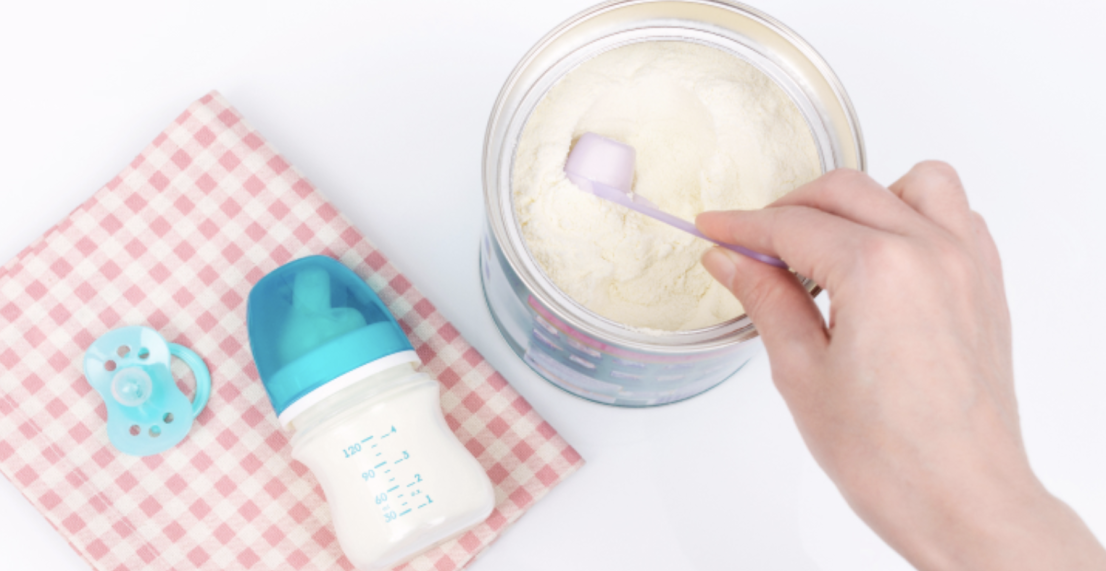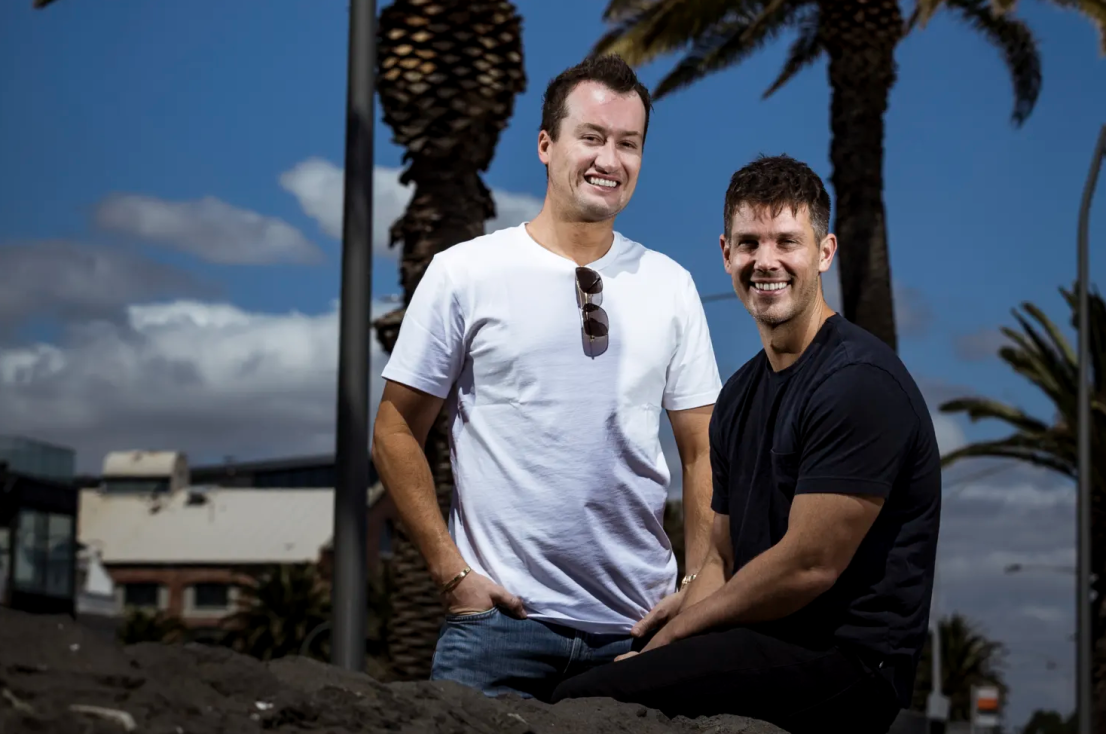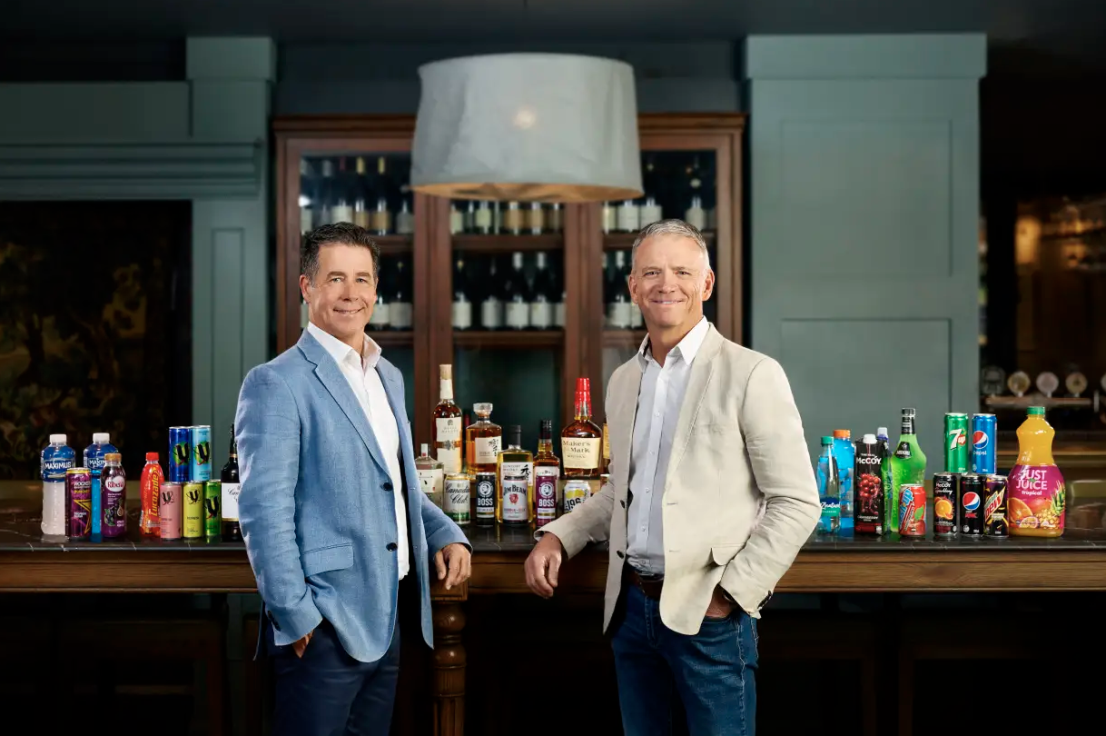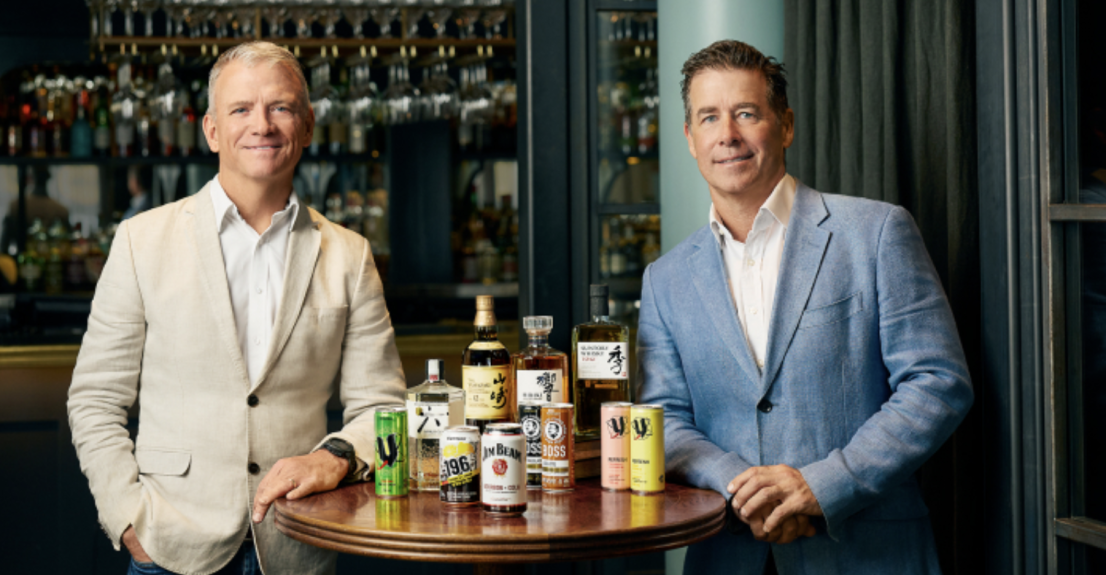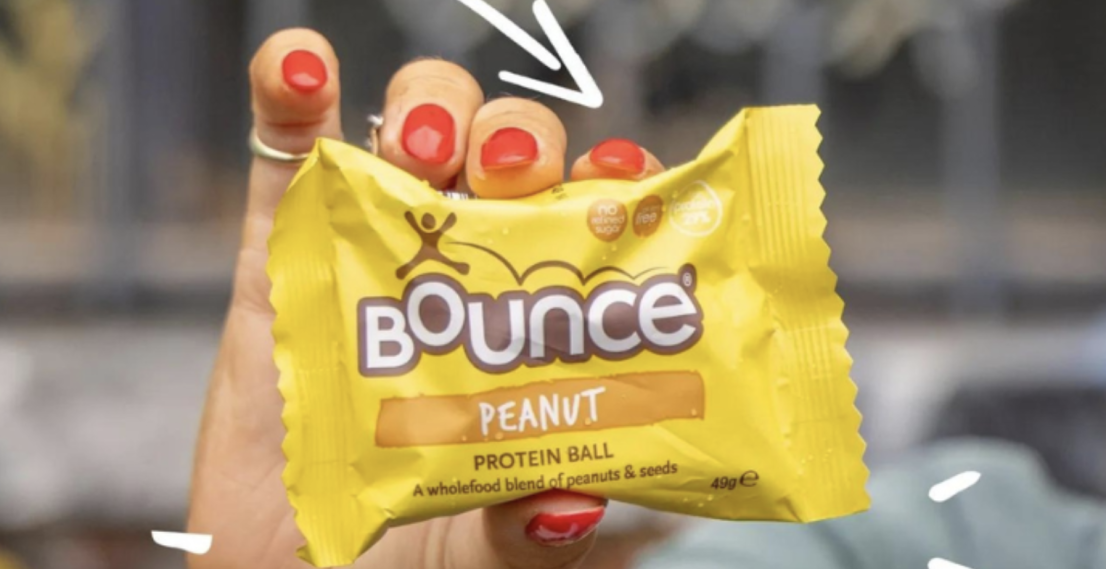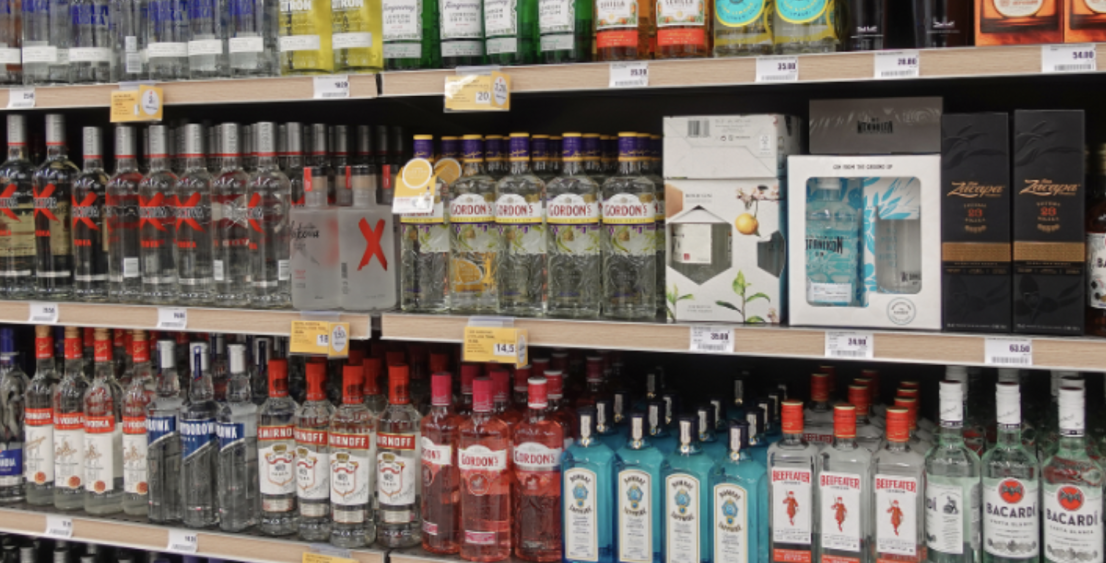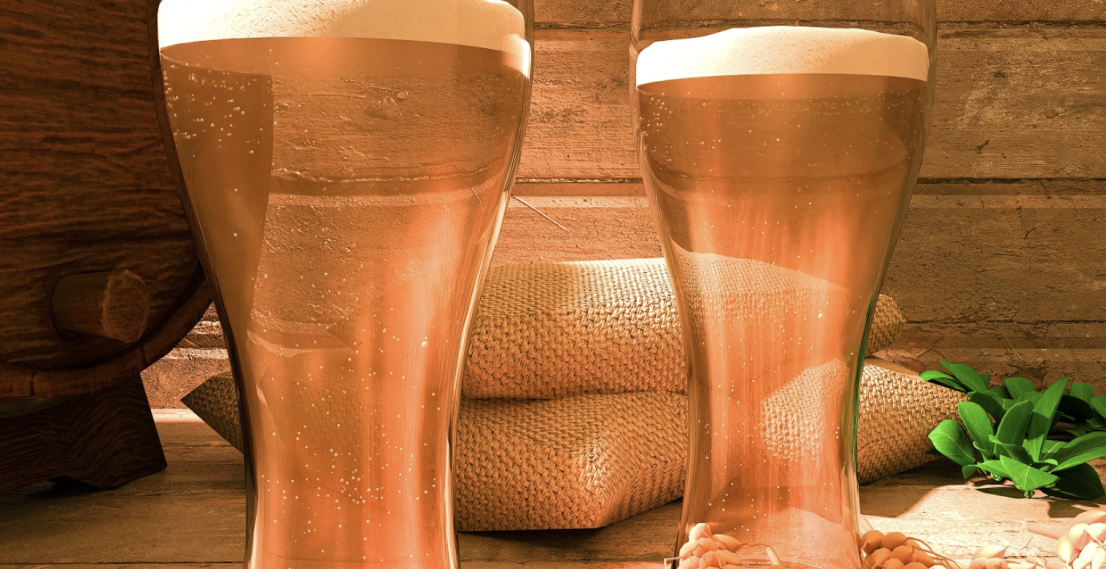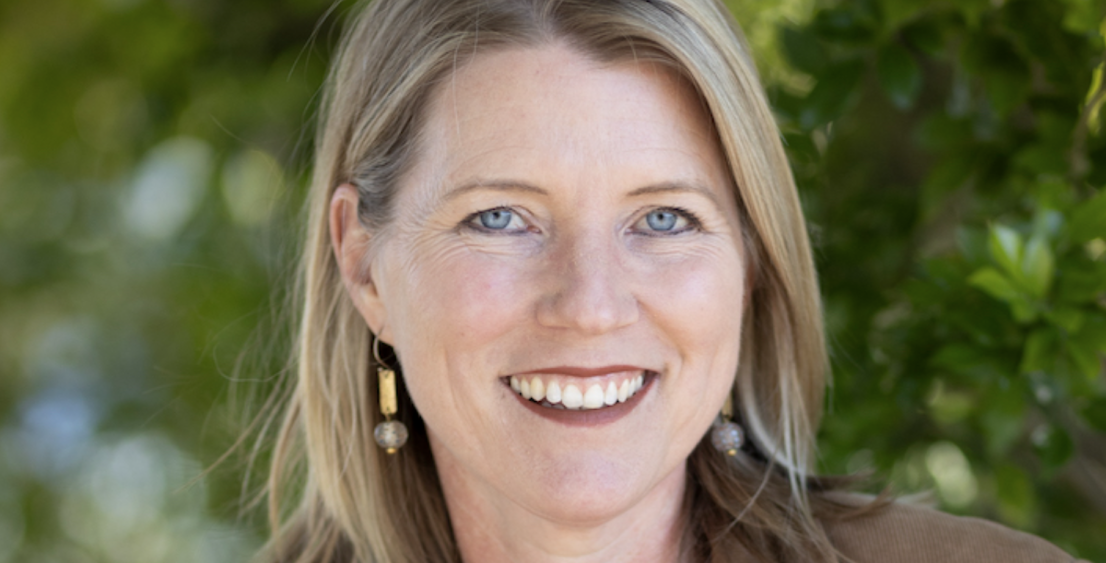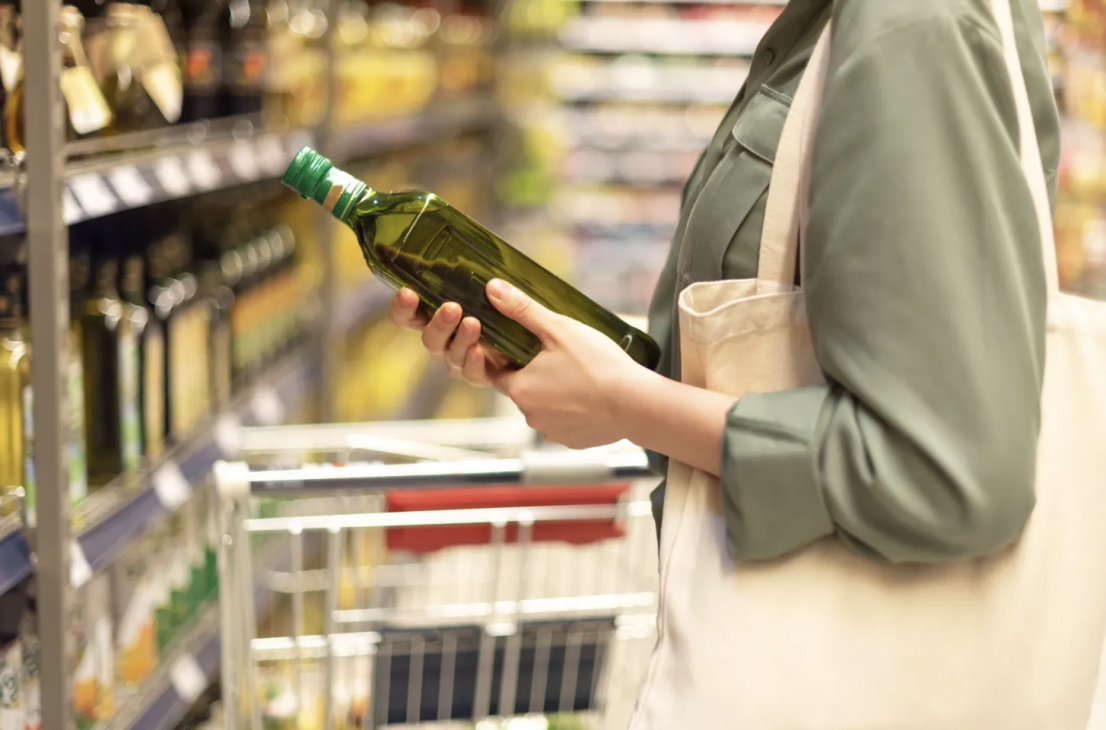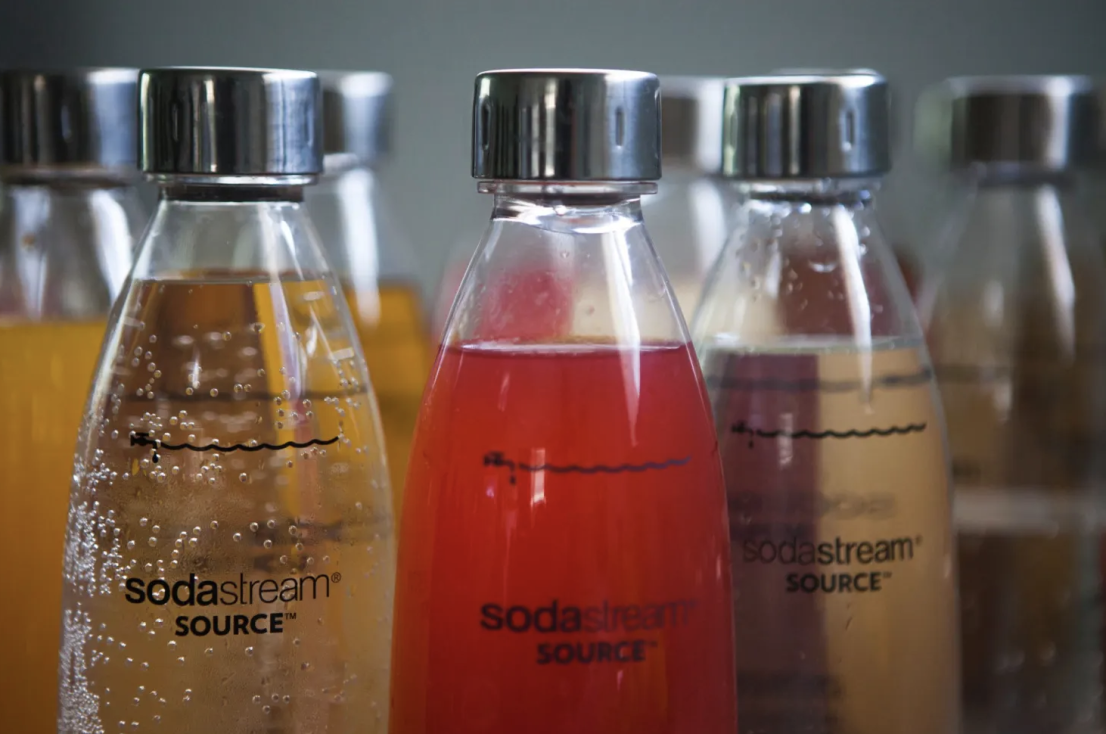
The global boss of SodaStream says demand for at-home sparkling-water machines is still growing despite the recent failure of local competitor SodaKING and the broader slump in consumer spending.
Victoria-based SodaKING, founded in 2014 to sell the machines and gas cylinders, was placed into administration in early June, although it continues to trade.
SodaStream chief executive Eyal Shohat described SodaKING as a worthy competitor and said he was not happy to hear of its situation.
“I think what happened to them is quite unfortunate,” Shohat said during a visit to Australia last week. “It’s not a softening of the category. I know the numbers; the category’s not going down.”
SodaKING administrators are seeking a buyer for the business.
Shohat said being alone in the category would not be the best thing.
“The greatest form of flattery is competition ... We welcome competition. It also keeps us on our toes,” he said.
Data shows consumers are “trading down” branded items to home-brand and private-label goods given the rising cost of living and reducing spending on restaurant meals, takeaway food and coffees.
Shohat acknowledged the challenges to household budgets but indicated sales had increased since the start of the year.
“In the last year to date, so from January to today, we see growth,” he said. “We started to see a recovery in Australia; it’s actually quite an amazing recovery.”
SodaStream declined to provide sales or revenue figures.
It entered Australia in the late 1970s and has retained market dominance since. Local sales have also been supported by a global branding refresh the Israel-headquartered company launched late last year to reposition itself as a more upmarket product.
Its most recent financial report lodged with the Australian Securities and Investments Commission shows SodaStream’s profits after tax were $2.3 million in 2021, falling from $2.5 million the year prior.
As part of his visit to Australia, Shohat has been touring stores around the country selling SodaStream and said he was impressed by brand repositioning “coming to life” in retailers such as JB Hi-Fi, the Good Guys, Woolworths and Coles.
“I think Australia is the most advanced market in the SodaStream world to implement our new repositioning to elevate the brand to create this holistic ecosystem of beverage for consumers,” he said.
“This market here for SodaStream has been massively growing. We’re getting into more and more and more households all across Australia. Coming here and seeing this, it’s amazing.”
To capture consumer interest and spending dollars, SodaStream recently launched a global marketing campaign aimed at encouraging users to be more creative and experimental with their SodaStream flavours.


